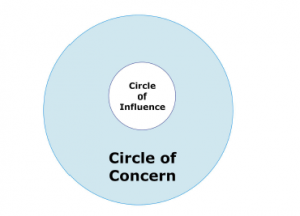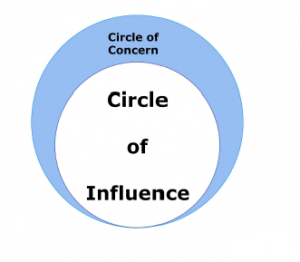In a perfect world, leaders would have all the tools available that they need to ensure their team has consistent success. We don’t live in a perfect world. If we did, we probably wouldn’t need great leaders. Markets are inconsistent and resources are limited. What do great leaders do when they are lacking resources?
How you react during tough times will determine whether you become known as a successful leader or just a boss.
For the long time readers of my blog, you probably know that I am a Regional Sales Director for a Retail Company. You cannot go a week without reading several articles on how tough the retail market is right now. In order to adapt to the ever changing market, companies try new things. Some changes bring about success while others bring about frustration. In fact, one of the quickest ways to drive the bottom line is to cut costs resulting in limited resources. This can create frustration and discouragement.
What great leaders do when they are faced with lacking resources, is to find a way to increase their circle of influence.
“Great leaders don’t blame the tools they are given. They work to sharpen them.” – Simon Sinek
In Covey’s, “The Seven Habits of Highly Effective People”, he introduces the concepts of Circle of Concern and Circle of Influence.
The Circle of Concern is the area that we have no control over.
The Circle of Influence is the area that we have control over.
When faced with depleting resources, or mounting responsibilities, it can be easy to focus on the Circle of Concern. The problem with spending your time in this zone is that what you focus on expands. If you focus on the Circle of Concern and neglect the Circle of Influence, eventually the Circle of Influence will get smaller. This will only add to feelings of stress and helplessness, because you cannot change anything in the Circle of Concern.

Proactive and Great Leaders help their teams focus on the Circle of Influence. This is the area that each member has control over and can act upon. The more a leader can inspire their team to work on what they can control, the smaller their circle of concern becomes. The result is a reduction in stress levels and an increase in happiness, because you can initiate and influence change.

This is probably one of the greatest leadership challenges especially when revenue is down and resources are limited.
In every situation, you have a choice to be reactive and focus on your circle of concern, or be proactive and increase your circle of influence.
Challenge your team to avoid wasting their energy on things they cannot directly impact. Instead, brainstorm on ways they can sharpen their tools, no matter how limited.
Instead of worrying about:
- Reduced labor hours
- Mounting priorities
- Decrease in traffic
Work on:
- Training employees to find ways to become more productive
- Learning to plan your schedule proactively and focus on the right priorities
- Delegating
- Increasing conversion rates to compensate for lost traffic
Encourage your team to brainstorm and recognize every new idea. Celebrate wins that advance towards your goals even if the goals have yet to be hit. Great leaders are not needed when things are easy. Great leaders are required when opportunities arise.
What type of leader will you be?
One thought on “What Great Leaders Do When They Are Lacking Resources”
Comments are closed.